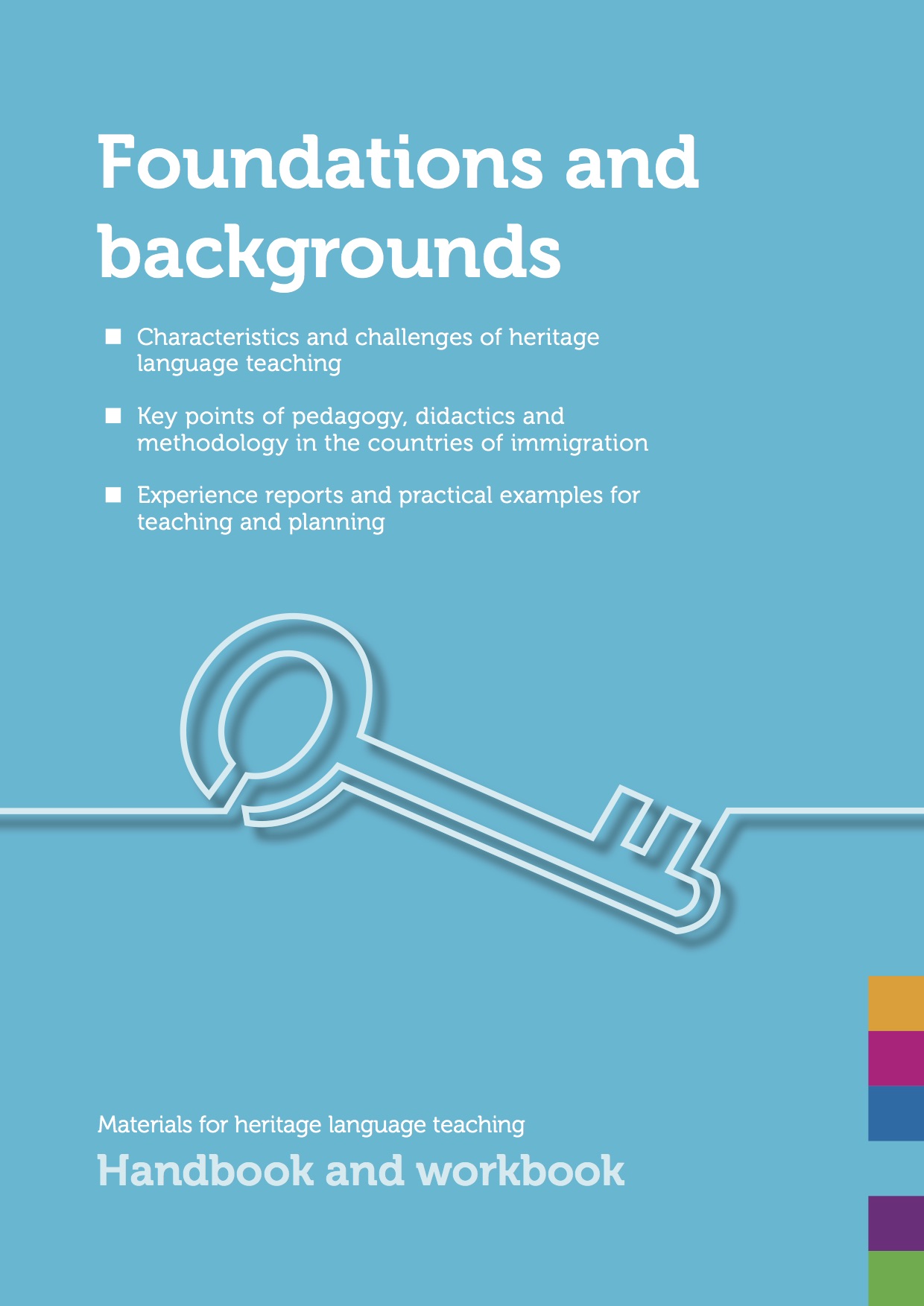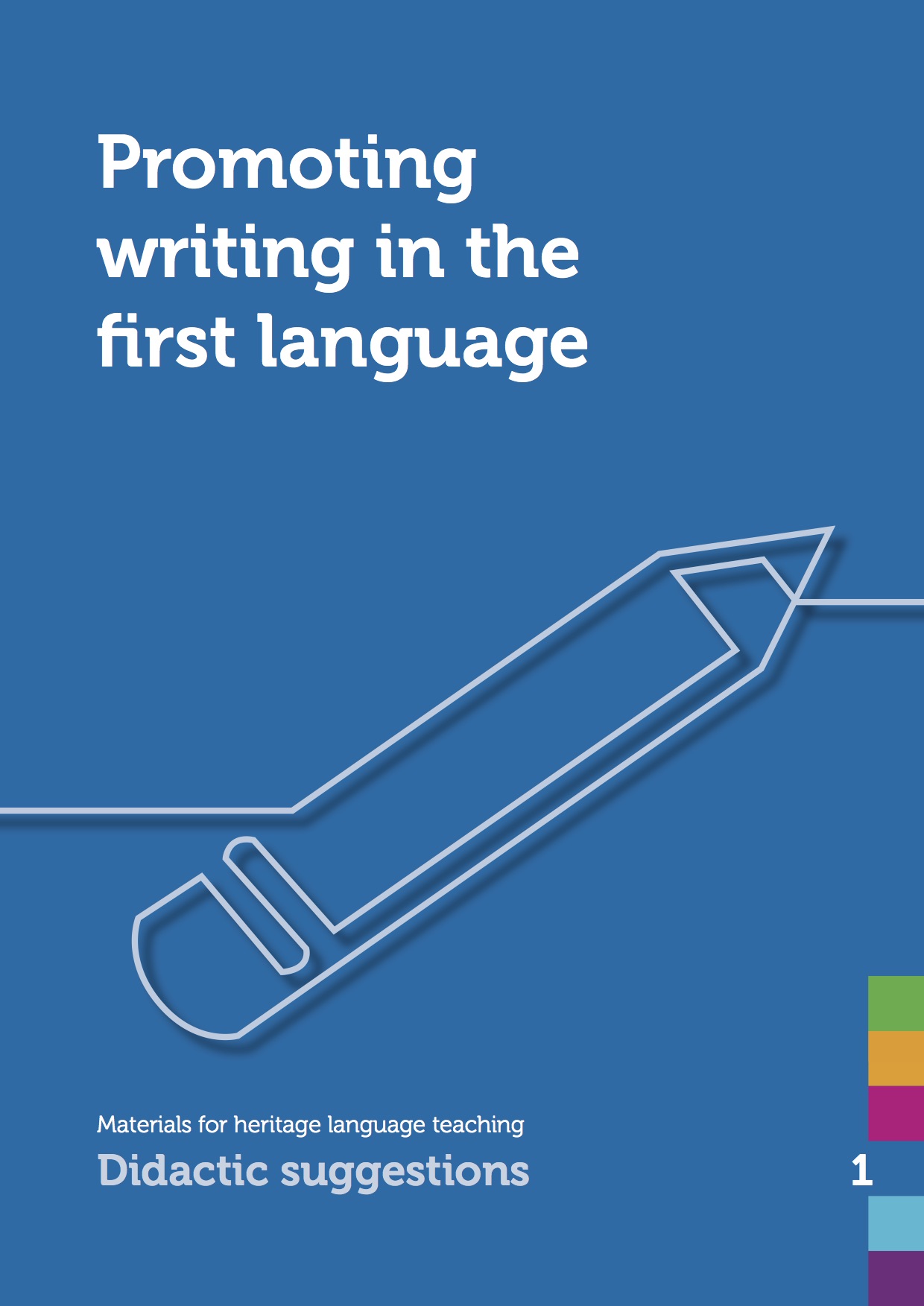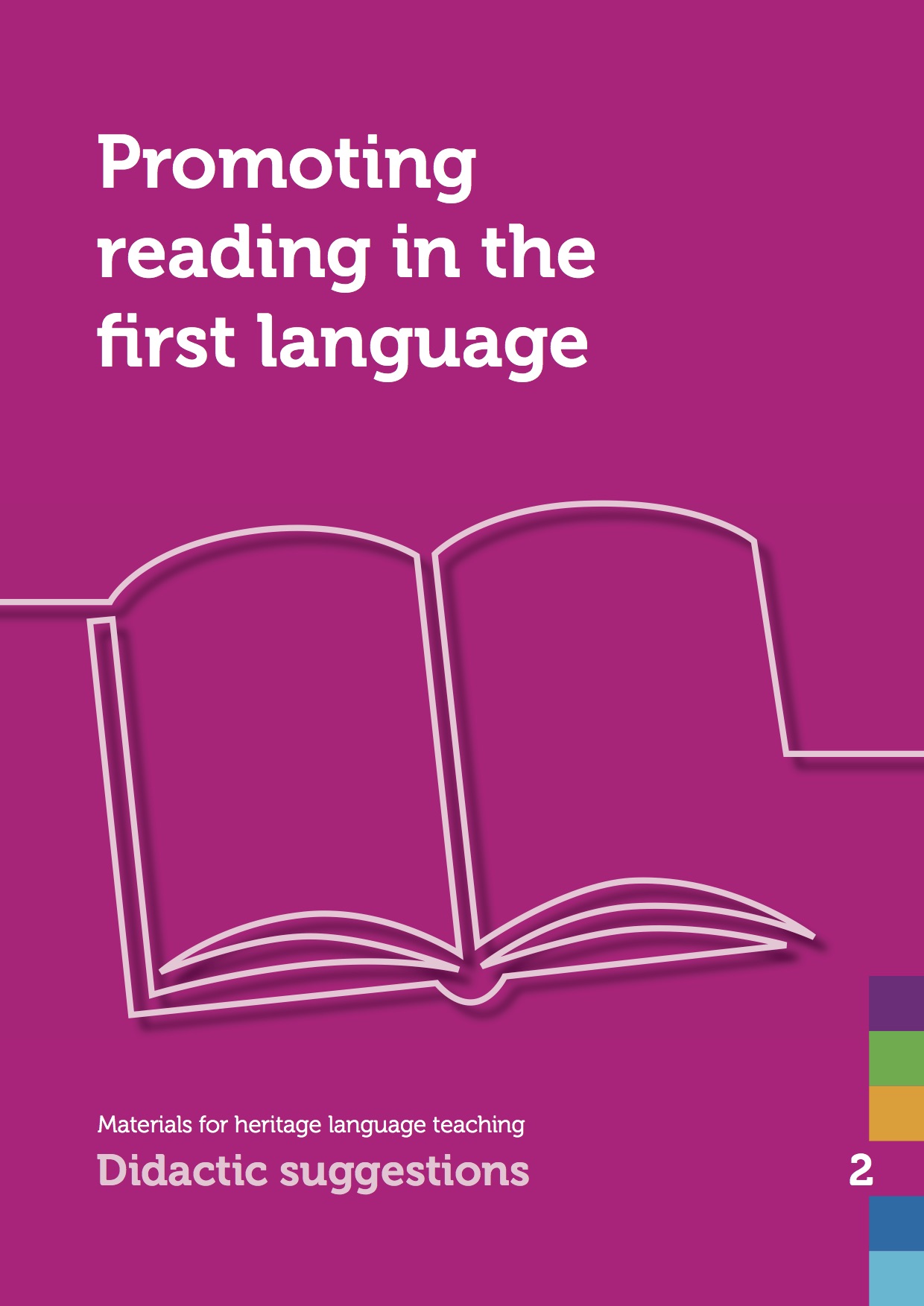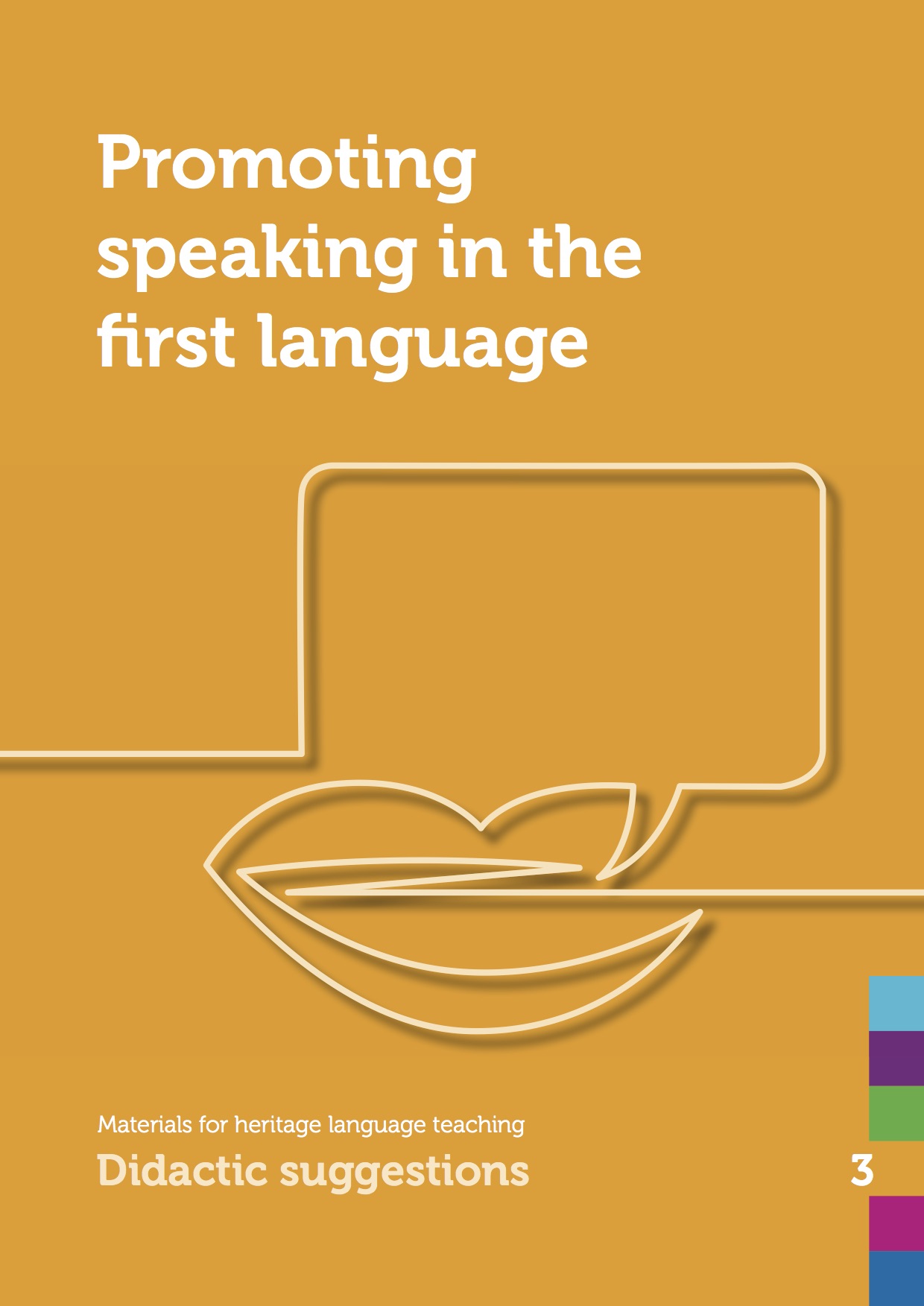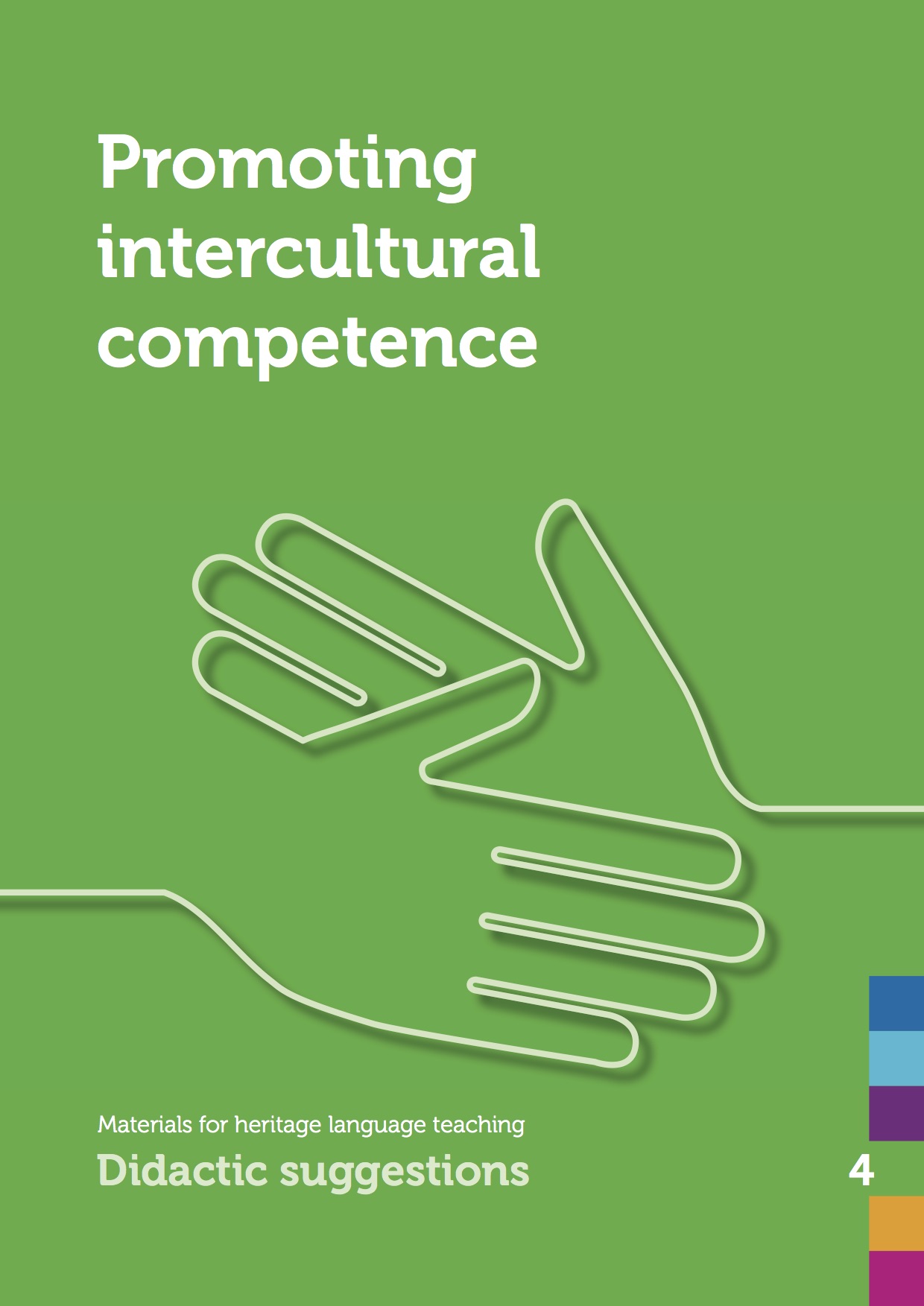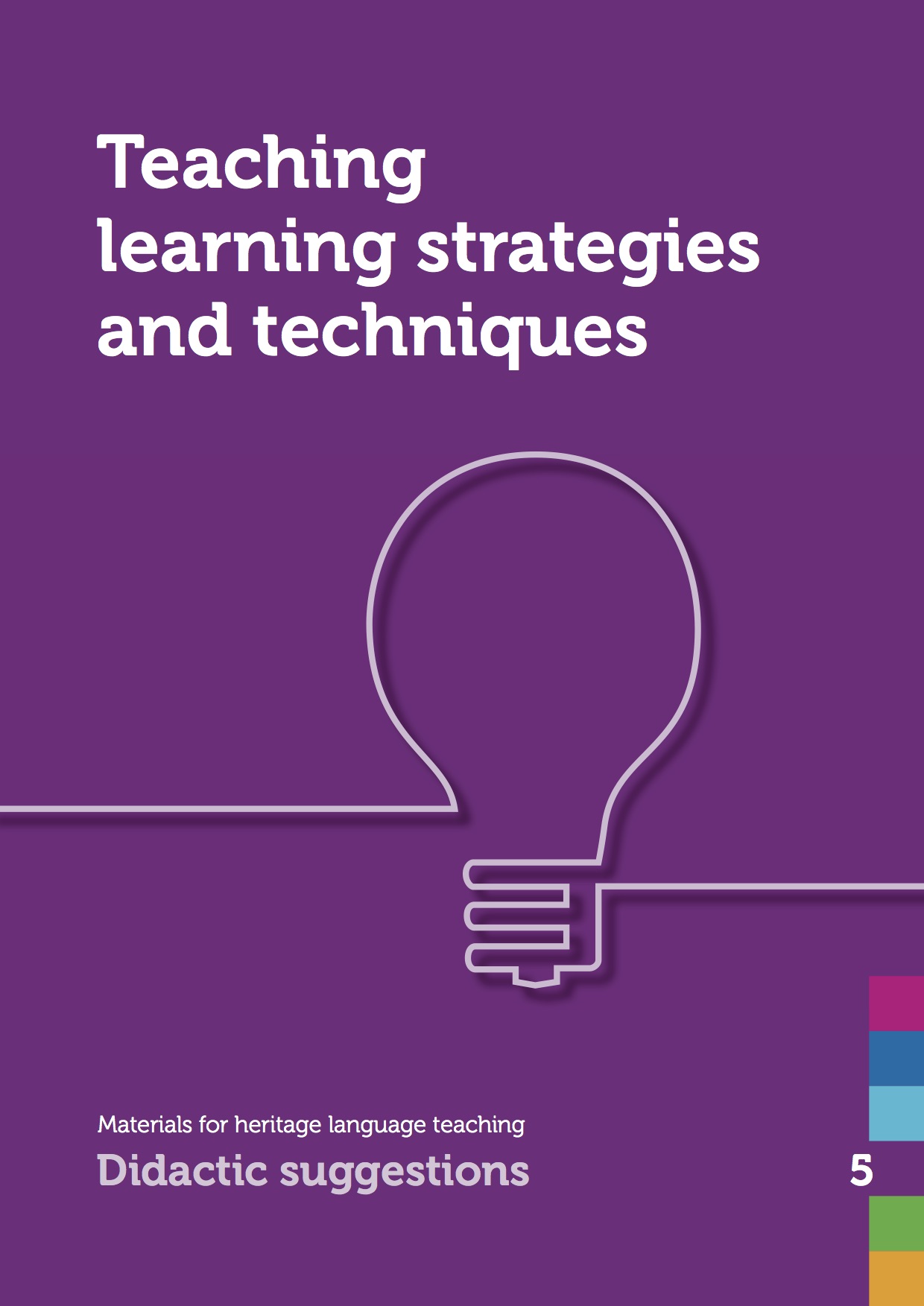The internet is an excellent source of information, particularly if you can use it in two languages. It is easiest if you proceed this way:
- Choose a good search engine, e. g. Google (enter www.google.com ).
- Enter a keyword as exactly as possible (better: two or several keywords) about your topic (e. g. «lion, fables», if you are looking for fables with lions, or Turkey, pictures of Istanbul» or «Portugal, agriculture»).
- Most of the time you will first receive a large selection of websites. First, look if wikipedia is among them. Wikipedia is a good language internet encyclopedia and is available in many languages. (You can also enter www.wikipedia.org and then type your keyword into the search field).
- It is important that you also search the websites in your native language or enter a search term in your language into the Google search engine. Caution: you must spell the search terms correctly. If you are not sure, maybe a machine translation can help, such as Google-translator (https://translate.google.de/) which is quite good.
- In many languages, there are special pages for children and adolescents, (for instance, in German www.blinde-kuh.de). Find out if something like it exists in your language as well.
- It is also easy to get lost in the wealth of information. Thus, think carefully which pages (texts, pictures, audio files) are really useful for your purposes, and only print out those.
- It is also important to be aware of the many misuses that occur on the internet. Always remember the following points: never give out your address or your e-mail. Never get involved in dates or meetings. Do not order anything without your parents‘ permission. Do not click on links that appear strange. If in doubt, consult with your parents or your teacher.
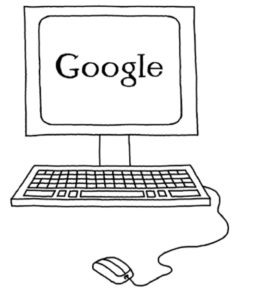
Tip
Don’t forget that there are many equally important sources of information besides the internet. These include most of all the following:
- Libraries (here you can find specialized books, encyclopedias, reference works, magazines, etc.).
- Conversations with experts in your environment (parents, acquaintances, specialists …).
- «Electronic» interviews of experts (by way of e-mails, phone, skype, sms, etc.…)


